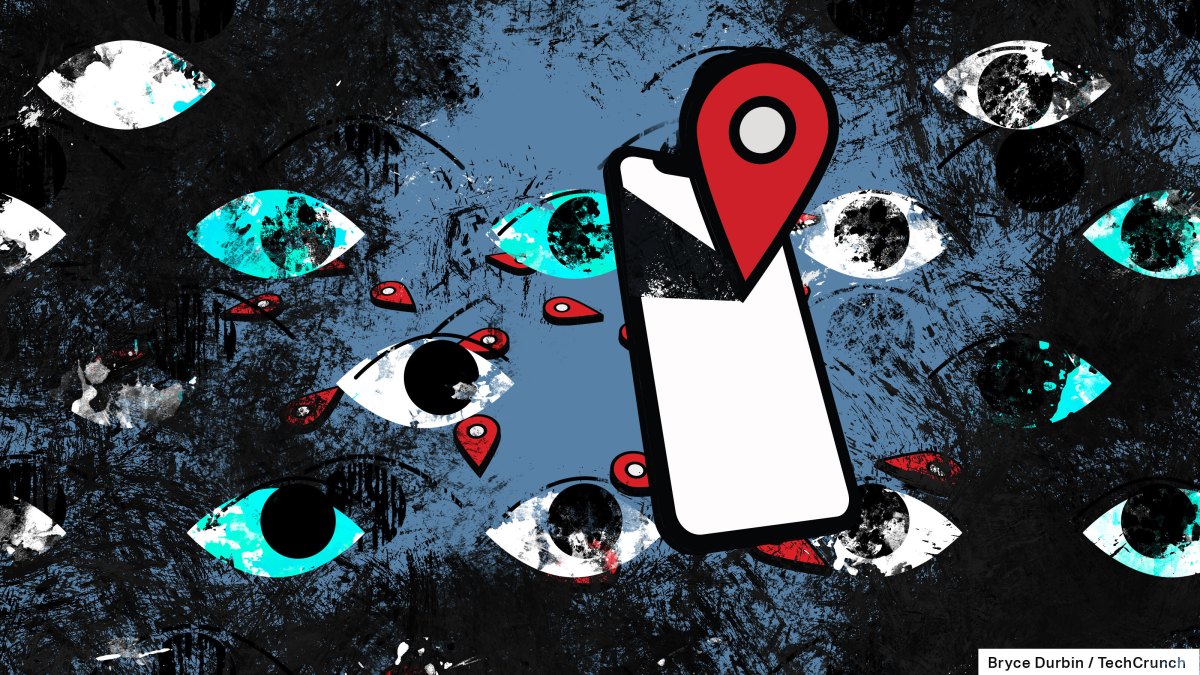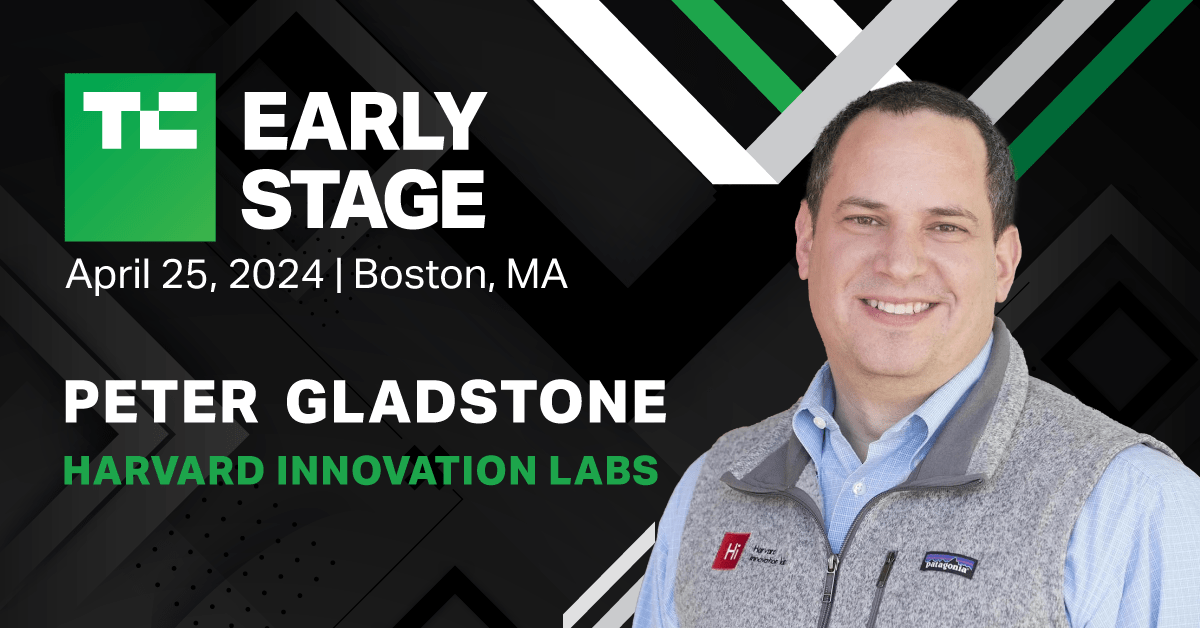Bidding adieu to the SPAC craze – TechCrunch
The implosion of the SPAC boom has proven a multiquarter process. We may be in the final throes of the experiment, at least from a startup perspective.
SPACs, or special purpose acquisition companies, gained popularity during the final years of the last economic bonanza, when capital was cheap and public markets were hot. In essence, SPACs are synthetic companies taken public with no real operations of their own. Later, they merge with a private company, taking their new partner public without much of the usual fuss.
Blank-check combinations are a hack to get around the traditional IPO process, allowing less-mature companies to raise capital and go public. It also seemed to be a great shortcut for SPAC promoters to make money. Retail investors, not so much. The results of recent SPAC deals have generally proved lackluster at best and disastrous at worst.
The Exchange explores startups, markets and money.
Read it every morning on TechCrunch+ or get The Exchange newsletter every Saturday.
Some companies that had considered SPAC combinations backed away from their proposed transactions. Consumer fintech startup Acorns pulled its blank-check deal in January of this year, leading this column to call the overall SPAC experiment a failure because it had not managed to clear any meaningful portion of the growing unicorn backlog. The pace at which traditional IPOs have been able to take billion-dollar startups public is far below the rate at which more unicorns are minted, and SPACs were unable to change that market reality.
But many companies did pursue SPAC combinations. Electric vehicle SPACs were particularly messy, as TechCrunch reported here. The traditional perspective that SPACs are best used for floating less-than-spectacular companies held true. And as a result, the post-combination performance of many SPAC deals has left retail investors holding the bag.

The damage continues to mount, with a SPAC’d EV company recently declaring bankruptcy. It turns out that those rosy projections were just that.
This morning, we’re running a short survey on the performance of venture-backed companies that went public via blank-check combinations. Then we’ll talk about impending regulatory changes, the growing trend of SPAC deals getting canned, and then look to the future. Some firms are holding to their plans to go public via SPAC. Are they bold, misguided or something else?
The damage done
BuzzFeed, a media company, was once a darling of the investing class. Crunchbase data shows that a16z led its $50 million Series E, while NBCUniversal led consecutive $200 million rounds. Other venture backers included New Enterprise Associates and RRE Ventures. BuzzFeed saw its private-market value scale to around $1.7 billion.
Then time passed, and BuzzFeed wound up taking the SPAC route to the public markets. Now it’s worth around $240 million, or about $1.78 per share. (SPACs are generally sold at $10 per share, the price at which they usually execute their combination.)
Latch, which sells hardware and software to apartment buildings, raised money from Techstars, Lux Capital and RRE, among other investors. PitchBook data indicates that it reached a $411.76 million valuation ahead of its SPAC combination, which pushed its valuation well above the $1 billion mark. Today, it’s worth $194 million, or $1.35 per share.
AppHarvest, an agtech company that grows crops indoors, raised more than $100 million before going public in a blank-check merger, Crunchbase data indicates. Its value also reached the $1 billion mark in its public debut, per PitchBook. Now, it’s worth $270 million, or $2.65 per share.
The list goes on and on. Consumer fintech lending service Dave reached a $1 billion valuation back in 2019. Then its value multiplied in its SPAC deal. Today, its valuation has been slashed by more than 90%, with its 89-cent share price today pushing the company’s worth to below $350 million.
It is not correct to say that a SPAC combo is a valuation kiss of death, but it is fair to note that the two are paired more often than is comfortable.





/cdn.vox-cdn.com/uploads/chorus_asset/file/24043392/chromecast.jpg)